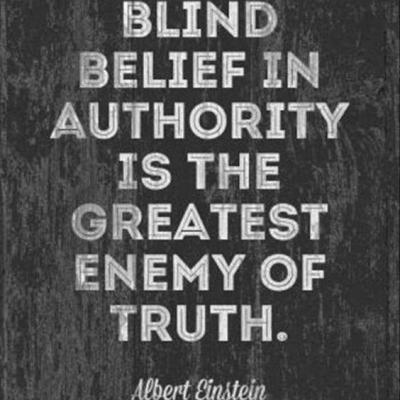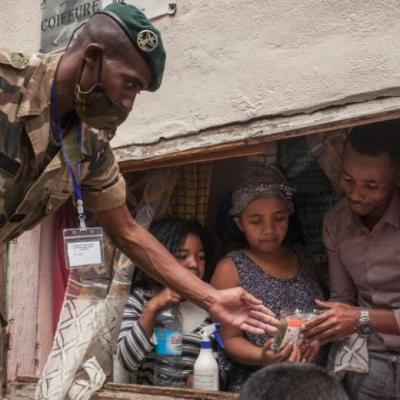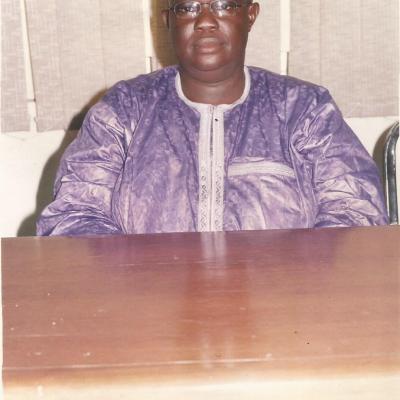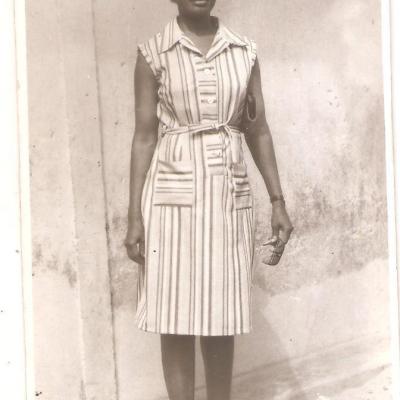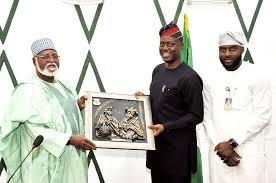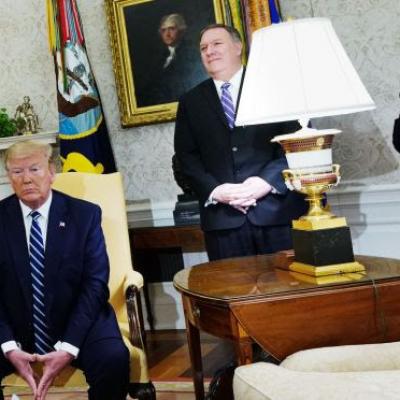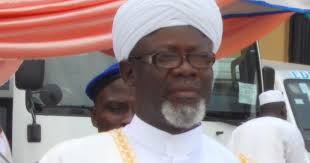
The High Cost of Nomination Forms Has Dashed the Hopes of the Nigerian Youth-Prof Olagoke
- By solomon2day
- On 15/09/2018
- In The People Talk
A cross section of Nigerians have expressed surprise that President Muhammadu Buhari has accepted the expression of interest and nomination forms, to contest the Presidential primaries on the platform of the All Progressives Congress(APC), bought for him by a yet to be known group. They insist that the group, which bought the forms for N45 million, have contravened section 91, sub-section 9 of the country's electoral act. In this interview, the Founder, Spiritual head and Grand Imam of Shafaudeen Worldwide, Prof. Sabitu Olagoke says Nigeria's problem revolves on lack of transparency and deep rooted deceit. Excerpts :
What is your reaction to President Muhammadfu Buhari's acceptance of the expression of interest and nomination forms bought for him by a group ?
Logically, we need to determine the number of people that constitute the group. This will give us a remote idea of how much the individuals who make up the group must have contributed, for us to now declare that some sections of the electoral act have been violated.
However, Nigerian politicians are a bunch of lairs and Chief(Dr.)Olusegun Obasanjo, before he became the President of Nigeria, in one of his replies to the then Head of state, General Ibrahim Babangida, said that Nigerians should not be trusted, because when they say it is raining, the heat from the sun could be at boiling point.
When serving Presidents of Nigeria are now xrayed, the fact that these leaders always introduce the Nigerian factor in governance, is very glaring. For example former President Goodluck Jonathan received a church gift from a foreign contractor while still serving the country.
Former President Obasanjo used his position to collect donations totalling N9 billion in a single day for his presidential library, while the incumbent President, President Muhammadu Buhari received expression of interest and nomination forms valued at N45 million from a group.
All these actions amount to the moral challenges confronting Democracy in Nigeria, because the three leaders have something in common, they used the Economic and Financial Crimes Commission(EFCC), at different occasions, to fight corruption, which in all cases have always been fighting back, to the extent of threatening the survival of government.
The major problem Nigeria is contending with, include lack of transparency and the unabated game of deceit in governance.
Whether a nomination form is bought for N1 million or N100 million the fact still remains that opportunities to have access to positions of governance will always be controlled by the money bags, who may appear as stinkingly rich or under the camouflage of been moderate.
The fact still remains that each of the aspirants for these juicy political offices are billionaires, whose source of income will never be known, even though questionable.
This aspect of critical challenge for Democracy in the Nigerian polity, needs to be critically evaluated for possible restructuring.
For example, Nigeria does not need, a Bi-cameral Legislature, but a mono type of Legislature at the Federal level, to prune down the cost of governance, which is presently on the high side.
The salaries been received by each of the lawmakers, must also be revisited.
Also the issue of due process for procurement needs to be overhauled with an effective monitoring mechanism put in place.
It is unfortunate that the government, which assented to the 'Not Too Young To Run' law, is now shying away from the need to provide mechanisms and strategic imperatives, which would ensure the workability of the law. It is good that the law reduces the age to the advantage of the youth, to enable them to contest for various elective positions, but the cost of the expression of interest and nomination forms, which is on the high side will always deny the country, the services of people with integrity and credibility.
Where governance is bereft of wisdom and pragmatism which the youth possess, due to the new trend in education and the focus is on global best practices, the question now is when are we going to stop the old hands in politics and governance from recycling themselves or passing the baton to their cronies without considering the need for merit ; to be able to activate Democracy into sustainable development, such as in Singapore and Malaysia, the erstwhile third world countries, which gained independence in 1965 and sourced palm kernel from Nigeria to become the world leading exporters of palm oil. What is our position in Nigeria on this ?
Suffice it now to say, that we will continue to chase shadows, in the fight against corruption, when with such huge amount we claim to be fighting corruption.
Sacrifice is a strategic tool to fight corruption. The provisions of the constitution, the electoral act and that of the public service rules will remain mere paper tigers, that will only encourage rhetoric, but disable meaningful action for achievable results in the areas of the needed development and security.
What should matter to all Nigerians now, in the face of all these politicians having a common trait of kleptocracy and deceit, with resultant poor governance, that increases the hardships of the people via hunger and poverty, are one, a collective effort to vote for credible persons, two, support those with proven antecedents and integrity, three, focus on the need to build strong institutions working on how we may successfully recall candidates with given mandates, who do not perform up to the expectations of the people. This is regardless of the promises and manifestos, which these mandates are attached to.
It is quite unfortunate to note that even erstwhile courageous progressives in the media, who find themselves in government, are easily polarized into anti-people rhetoric, with the underlining features of garbage of inaction.
The constitution of Nigeria is clear on the responsibilities of government to provide employment and build capacities, to tackle institutional indiscipline and corruption, even though governance still remains a lame duck.


